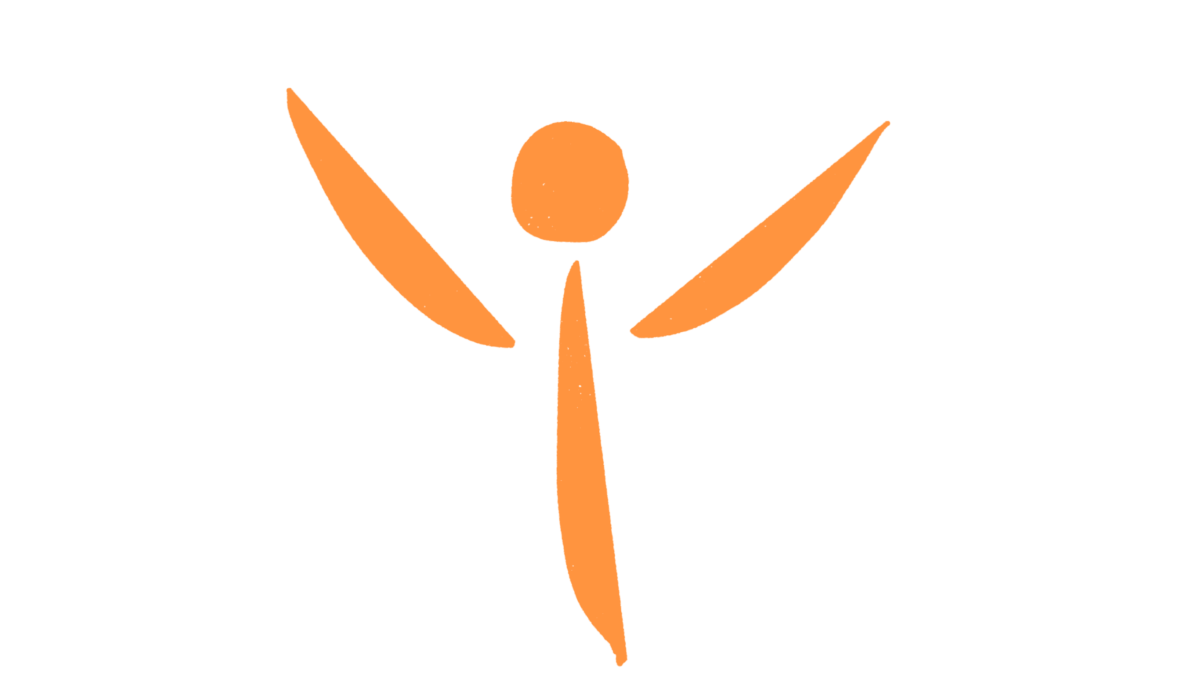It is said we need three things in life
• A purpose
• A place
• A time
The issue is we need all of them together and as I write this BLOG, I believe I have the three:-)
I have a vision for the world that everyone on the planet is able to find their purpose and be in a position to carry it out in the right place at the right time. I also believe that when this happens we will have created ‘Heaven on earth’.
We are all on a journey called life. For most of us the first significant event on the journey, was our birth and the last will be our death (it is said the two best days of your life? Day you were born, day you find out why) Right now in this moment, as you read these words, you are somewhere on that journey. No matter where you are, this BLOG is being written to help you become more aware of the journey, yourself and what you can do to help yourself.
Interestingly some aspects of the journey will be similar to the journey of others and some will be very different. What I aim to do In this BLOG is give you some insights and knowledge to help you understand a little about yourself and others in the world, in a straightforward pragmatic way, so that your journey is even more fulfilled.
There are a couple of pre-suppositions I’d like to introduce straight away viz:-
– We are meaning seeking, pattern making beings
– The brain is a pattern-making organ with an innate desire to create novel connections (David Rock & Jeffrey Schwarz)
– We each map the world according to our beliefs and the map is not the territory
These two statements form a workable framework for change within us if we desire to make it.
The first presupposition
“We are meaning seeking, pattern making beings”
This is saying that we seek meaning in almost everything we encounter, whatever comes across our path as a child, a youth and an adult, we ascribe meaning to it. For example someone you care for (or not) does not return a call you made to them. You may create one or several of these meanings or another one of course
• It doesn’t matter
• It doesn’t mean anything at all
• They must be very busy
• They don’t like me any more
• I’m not worthy of a reply
• I’ve really upset them
• That’s their bad luck
• Who cares
• Etc.
The meaning we ascribe probably has many dependencies, not the least of which is what has happened in the past about non- returned phone calls, what experience we have locked in our brains about non returned phone calls! I will come back to this point. The other interesting thing is, we act as if what we just made up is true.
On Patterns
We make and lay down patterns of behaviour and thinking, for example, cleaning our teeth, crossing the road, waking up in the morning, driving a car, tying our shoelaces, shaking hands, eating with knives and forks, solving puzzles, showering, handling rejection, handling criticism, telling ourselves we are good / no good, remembering names with faces, sawing a piece of wood, riding a bicycle, swimming, etc. A lot of our waking life is taken up following patterns that we have learned; many of them are in fact followed below the level of consciousness, such that we are not even aware of following them. If you think about it, we would be pretty exhausted if we had to pay conscious attention to these things each time they came up.
This is both a blessing and perhaps holds us back. I for instance found that part of my strategy for handling criticism was in the main laid down probably before the age of five. Let me give you an actual example from my life. ‘One day a lady manager called to let me know, that I had not done as she had asked in preparing a set of reports. This fact was absolutely true; however my reaction to the criticism was not what I expected. I felt very emotional, on the verge of tears and was finding it difficult to speak. I just wanted to curl up and for the call to be over. That evening I asked my beloved, Gill, (also a coach) to help me understand what was going on. What came out was that the tonality used by the Manager reminded me of the tonality used by my primary school mistress as she tried very hard to teach me how to tie my shoe laces properly. I was about four and a half years old and could not follow what she was showing me. What I discovered in rethinking about this episode was, I am left- handed, she was teaching me in a right- handed way and getting exasperated, hence her tonality. I, on the other hand was just frightened and associated her tonality and my fear. Thus when I heard the tonality in the present with my manager, it also recovered the feeling of fear and hence my reaction. What I was able to do with this insight was disconnect from the emotion and deal with my manager as an adult.
Reacting to what is happening now 80 / 20 rule
The above story highlights the insight that our reaction to what is happening in the present moment, is usually based 20% on the present and 80% on what we recall, usually subconsciously, from the past (#rubberbanding). Actually we are following a pattern as I previously mentioned, the pattern is either useful to us or not. If it is not useful as in my example above then we can choose to change it. This will be covered Later in the BLOG under the broad heading ‘Relationship with self’
